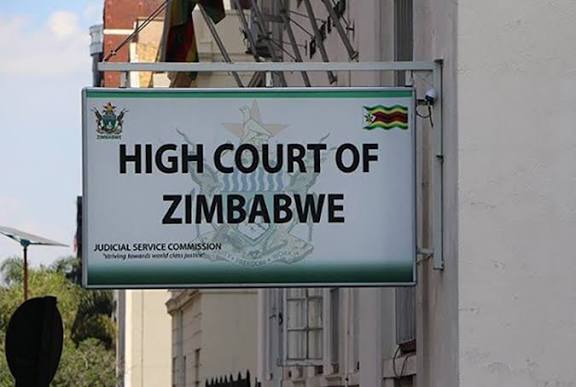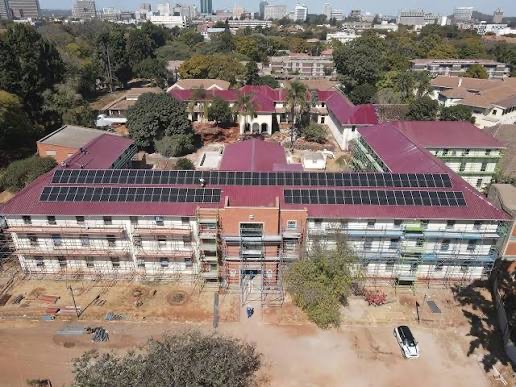By Victor Fanuel
Harare — The High Court has dismissed businessman Luka Ignatius Fabris’s bid to overturn a US$500,000 default judgment granted in favour of Tendai Mashamhanda, ruling that Fabris must face the consequences of his lawyer’s negligence.
Justice Jacob Manzunzu threw out Fabris’s application for rescission of judgment, which sought to undo the ruling granted after he failed to respond to Mashamhanda’s lawsuit over an unpaid loan, describing his explanation as unreasonable and his defence as “devoid of bona fides.”
“The applicant cannot entirely put the blame on his erstwhile legal practitioner because he too had a lackadaisical approach towards the case.
“He went into a deep slumber only to be awakened by the execution in September 2024, said Justice Manzunzu.
Fabris had borrowed US$500,000 from Mashamhanda in December 2021, agreeing to repay the sum by February 2022 with 1% monthly interest.
When he defaulted, Mashamhanda sued and obtained a default judgment in May 2024 after Fabris and his lawyer ignored several letters and court notices.
The businessman argued that his former lawyer, Alex Mambosasa, failed to file a plea because he was in South Africa and had left the parties to negotiate an out-of-court settlement.
But the court found that documents had been both emailed and hand-delivered to the lawyer’s office, which confirmed receipt, making the excuse “untenable.”
“No reason is given to suggest he was not in wilful default.
“With the advent of the IECMS system, absence from the country can no longer be an excuse for failure to file a plea.
“Technology allows a lawyer in South Africa to file court documents from that location,” said Justice Manzunzu.
The judge emphasised that there was a limit to how far courts could sympathise with litigants blaming their lawyers’ negligence.
“Time has come when our courts should be slow in sympathising with litigants who fail to comply with the rules due to lack of diligence by their legal representatives.
“Applicant made his choice of a legal representative and he must stand by his choice,” he ruled.
Justice Manzunzu also questioned Fabris’s claim that he had a solid defence, noting that his earlier correspondence with Mashamhanda contained admissions of liability and proposals to settle the debt through shares in his mining company, Hotburn Minerals (Pvt) Ltd.
“This is incongruent with a party who denies liability.
“The applicant’s conduct shows wilfulness and absence of prospects of success,” said Justice Manzunzu.
Finding the rescission application to be a mere delaying tactic, the judge ordered Fabris to pay costs on a higher scale, citing the respondent’s unnecessary expenses caused by Fabris’s negligence.
“The respondent has been put out of pocket by the applicant’s conduct.
“The circumstances of this case warrant the granting of costs on a higher scale,” he said.
The ruling means the default judgment stands, and Mashamhanda may proceed with execution to recover the US$500,000 loan plus interest and legal costs from Fabris.



